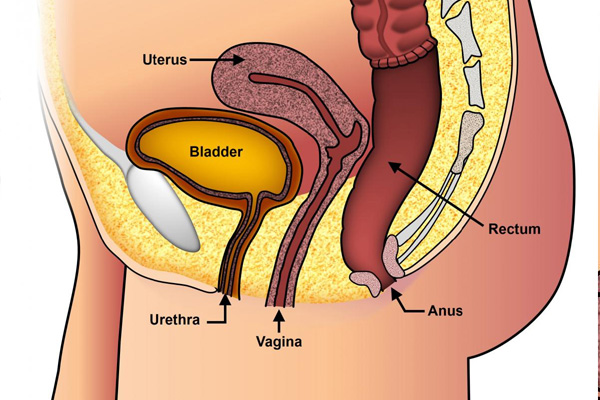Surgery for Colon Cancer
Colon cancer is a very common malignancy of the gastrointestinal tract affecting millions of people worldwide. The prevalence of this malignancy increases with increasing age but it is becoming much more diagnosed in the younger age groups nowadays. Males are about three times more susceptible to this type of cancer than females.
